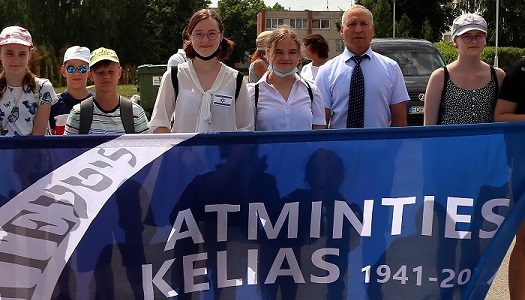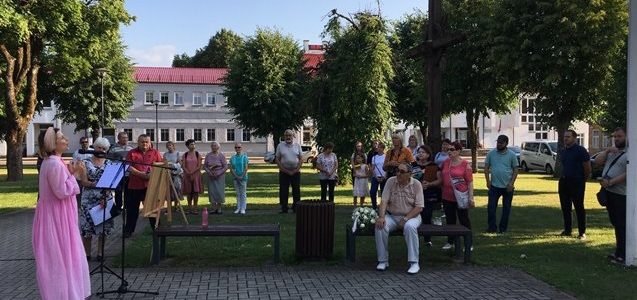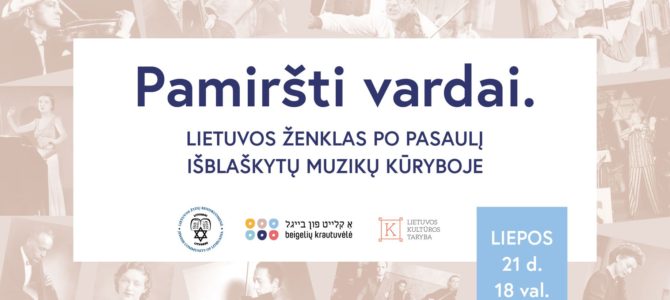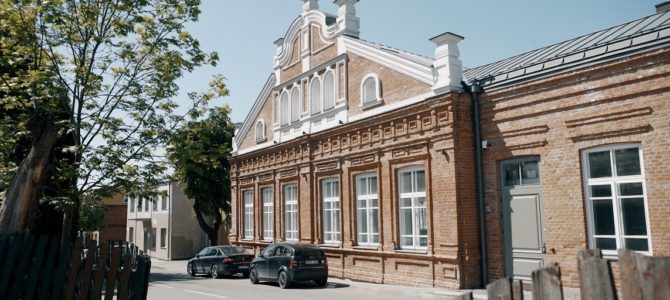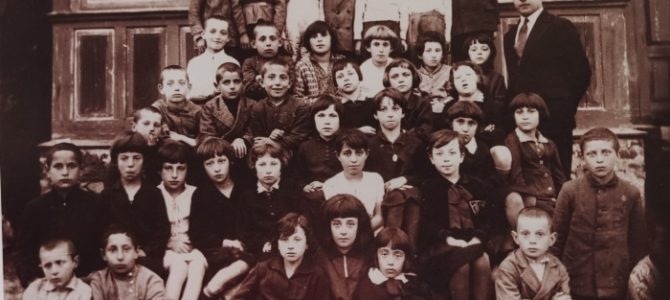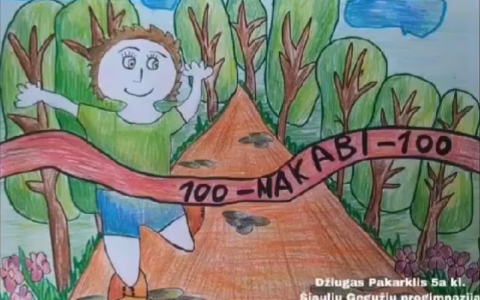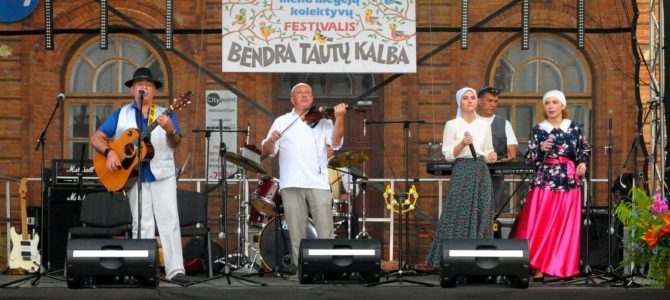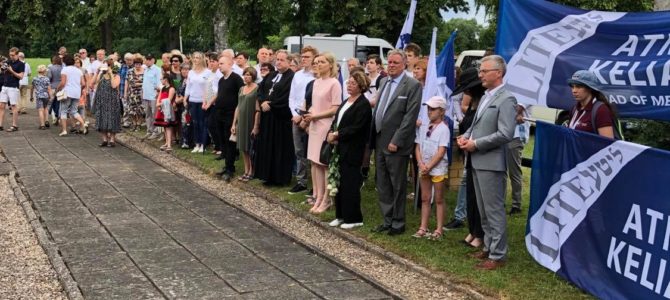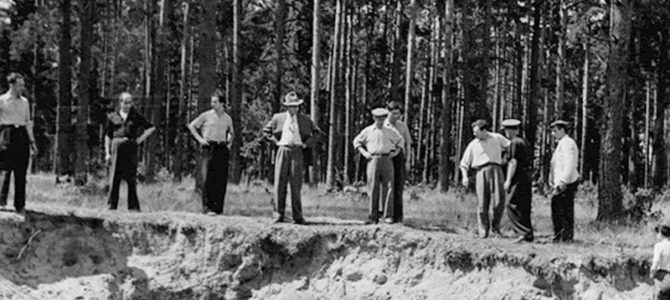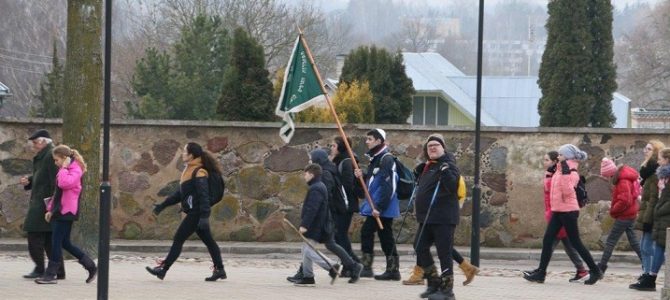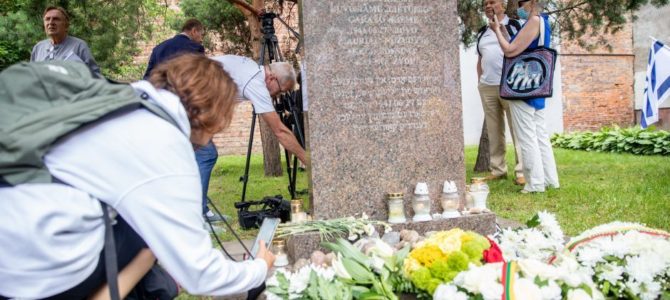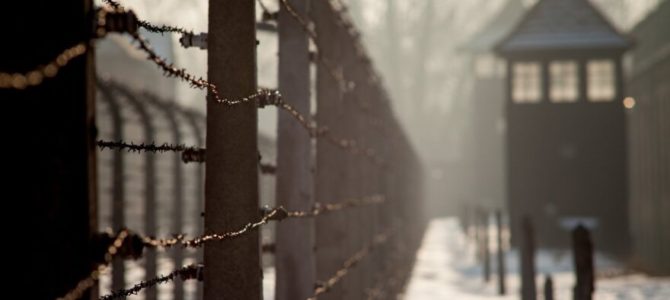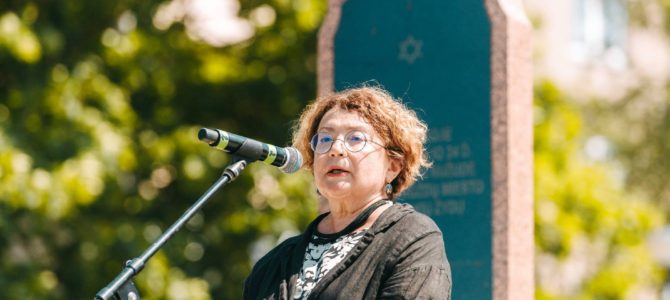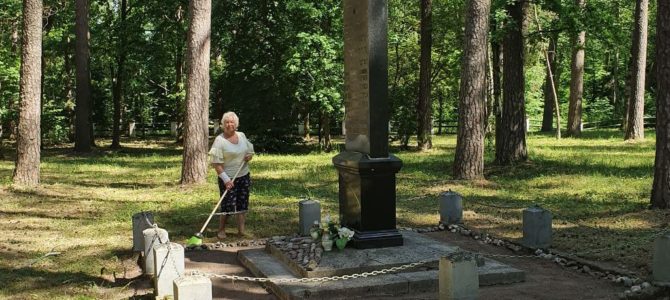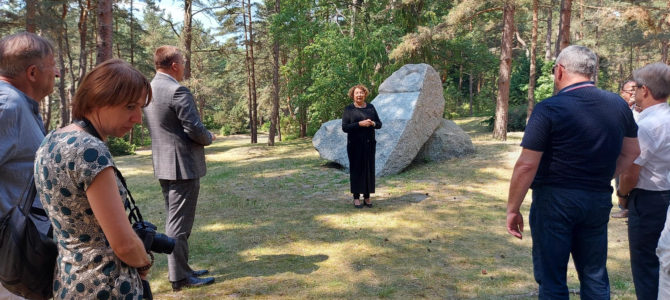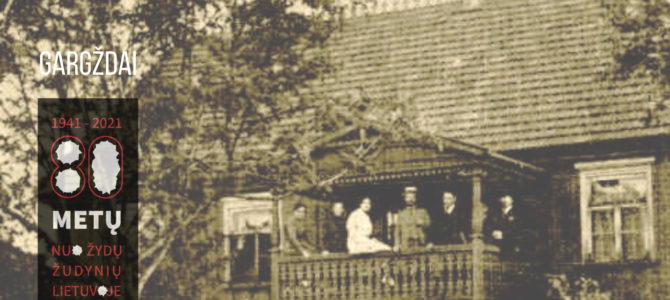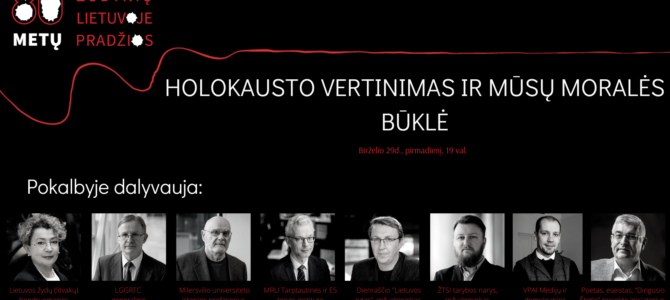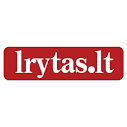
Lrytas.lt
The Lithuanian daily newspaper and news website Lietuvos rytas reports the Road of Memory march on Sunday to mark the 80th anniversary of the beginning of the Holocaust in Šiauliai was attended by the US, Danish and Israeli ambassadors as well as Lithuanian members of parliament.
Besides members of the Šiauliai Regional Jewish Community, MPs Emanuelis Zingeris and Rima Baškienė, US ambassador Robert Gilchrist, Israeli ambassador Yosef Avny-Levi, Danish chargé d’affaires Jakob Greve Kromann, Lithuanian Jewish Community executive director Michailas Segalis, Vilnius Religious Jewish Community chairman Simas Levinas, Kaunas Religious Jewish Community chairman Mauša Bairakas, a representative of the Vilnius Jewish Community and others.
The event was staged by Lithuania’s International Commission to Assess the Crimes of the Nazi and Soviet Occupations Regimes in Lithuania as part of their “Road of Memory 1941-2021” project.


